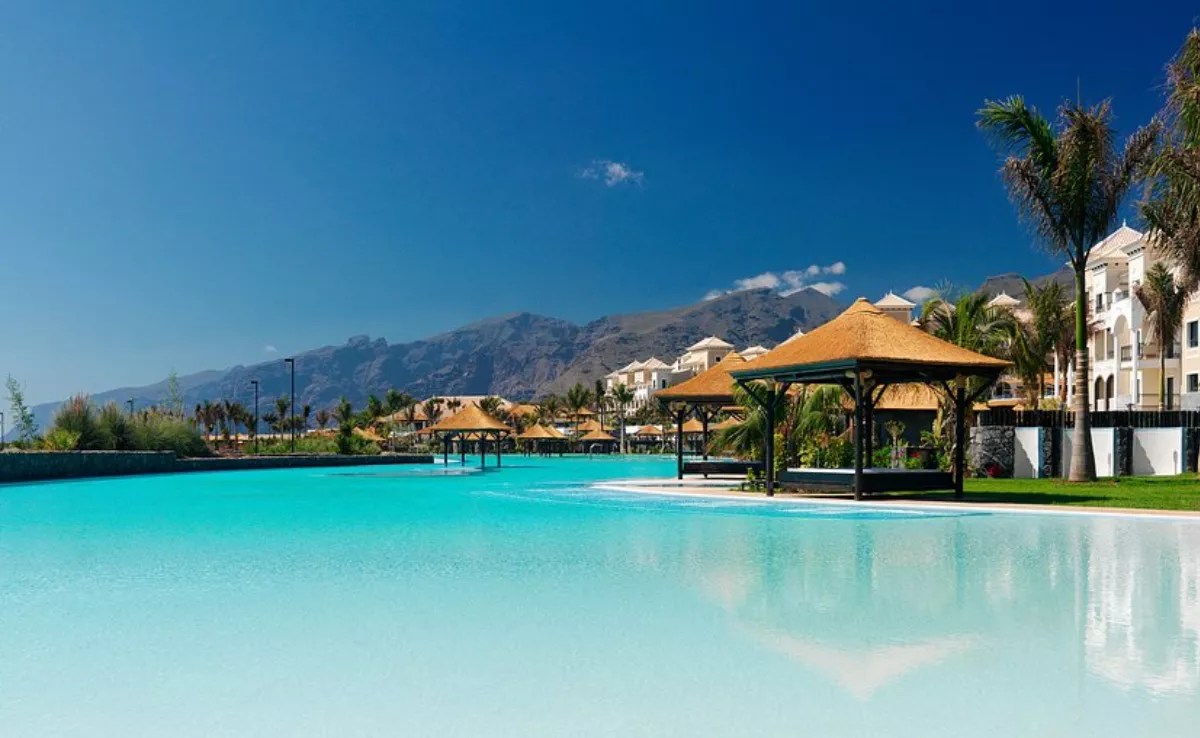The Association for the Conservation of Canary Biodiversity (ACBC) warns that the tenerife fire represents a danger to the affected ecosystems, including the pine forest. From the organization, they defend the importance of developing biodiversity management programs that aim to fully recover ecosystems.
ACBC requests, in some statements collected by EFE, that the management of the pine forests not only focus on the prevention and defense against fires, since they point out that a management focused on “recovering the biodiversity lost by centuries of overexploitation” is necessary: ” It is important to recover the laurisilva surface of the northern slope of the island of Tenerife, intensifying the transformation of exotic pine masses and Canary Island pine planted outside their potential area, as well as other exotic tree species”.

The association launches this statement after “in certain media it was ensured that forest fires are natural in Canarian ecosystems and that, therefore, the vegetation is adapted to them”: “With such assertions, which run the risk of becoming In dogma of faith, the incontrovertible fact is ignored that almost all of the current fires are produced by humans, with a frequency and intensity much greater than that hypothetical natural regime whose real repercussion, moreover, we do not know”.
They explain that in the Islands there are no studies that allow us to affirm that the Canarian flora and the soils that support it are adapted to fire and “quite the contrary, conclusive studies show the high negative impact.” They also indicate that it is necessary to study and deepen the effects of this fire “and not speak lightly, downplaying its consequences.”
According to the association, the type of fire that is taking place in the Islands harms the soil that supports life, flora and fauna and essential ecological processes, such as water production. In addition, they clarify that the Canary Island pine, even if it is resistant, does not always rebound: “In fact, the fires of the last decades are killing a significant proportion of the oldest and most majestic pines, which are the ones that contribute the greatest ecological value. We have enough scientific studies that show that the Canary pine forest is much more than the sum of these species capable of withstanding fire”.
As they explain, the fires in the Canary Islands are not isolated episodes, but are very frequent at a rate that no ecosystem can support. Similarly, the pines are burned not only by fire, but by centuries of human intervention and by the presence of invasive herbivores, such as mouflon or rabbit. This fact explains the poverty of the pine forest and, consequently, the abundant number of endangered species for which fire is like “a game of Russian roulette in which our impoverished flora has a high probability of disappearing.”
“We also want to highlight that, in the face of the proposals that are now being heard to re-exploit our protected areas with the same formulas of the past that have produced their setback and degradation, active conservation management should be promoted instead,” they add.
The collective requests a comprehensive post-fire restoration plan that is fast enough to carry out urgent actions, such as the fight against soil erosion. In addition, it recommends the use of seeds of rare or threatened endemic flora in the affected areas to enhance their recovery.
















